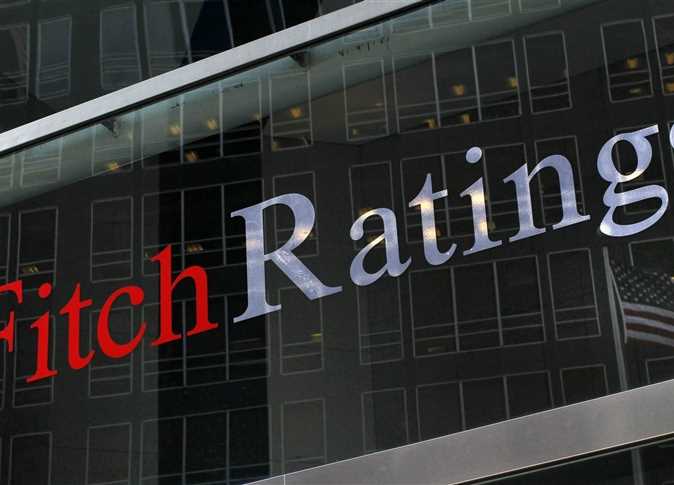
Fitch Ratings upgraded Egypt’s credit rating from B- to B with a stable outlook.
The credit rating agency said in a report on Friday that Egypt’s external resources were supported by foreign investment in Ras al-Hekma, non-resident inflows into the debt market, and new financing from international financial institutions, which was available with improved policy settings, including increased exchange rate flexibility and tighter monetary conditions.
Fitch also noted the recovery in foreign reserves, and its somewhat increased confidence that a more flexible exchange rate policy will be more sustainable than it was in the past.
The credit rating agency added that foreign reserves rose by $11.4 billion in the first nine months of 2024, to reach $44.5 billion, while it expected that foreign direct investment to average $16.5 billion during the fiscal year ending in June 2025 and fiscal year 2026, with new investments from Saudi Arabia and in Ras al-Hekma.
Fitch explained that this would help finance the current account deficit, which widened by 4.2 percentage points in fiscal year 2024 to 5.4 percent of GDP, and it expected it to narrow to 5.2 percent in the fiscal year 2025 and to four percent in fiscal year 2026, limited by only a partial recovery in gas production and a decline in Suez Canal revenues.
Regarding the flexibility of the Egyptian pound’s exchange rate, Fitch said that while there is no evidence of Central Bank of Egypt intervention in the foreign exchange market since the official rate was cut by 38 percent in March, and the parallel market rate has not varied, exposure to an external shock would be a greater test of the authorities’ commitment to greater flexibility.
Fitch noted that FX demand management measures may have contributed to the recent reduction in volatility, and that it does not believe that demand management is the result of a currency misalignment.




